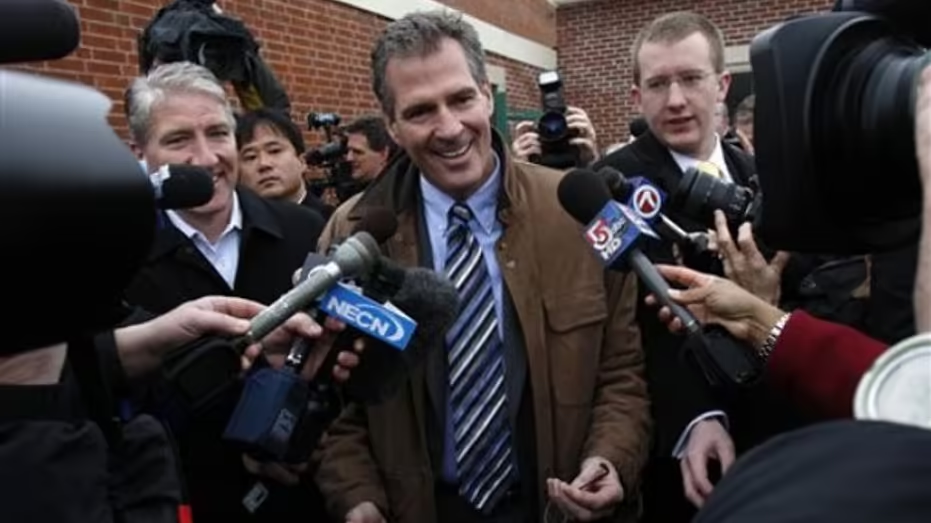Scott Brown Challenges Warren’s Alliance with Mamdani
The New York City mayoral race is influencing political dynamics nationwide, notably impacting the 2026 New Hampshire Senate race. Former Massachusetts Senator Scott Brown, now vying for the Republican nomination in New Hampshire, has criticized Democratic mayoral nominee Zohran Mamdani and his former opponent, Senator Elizabeth Warren. Brown’s remarks came after a joint press conference where Warren endorsed Mamdani, calling him “the guy who’s walking the walk right now.”
Brown’s Concerns Over Extreme Left Influence
In an interview with Fox News Digital, Brown expressed concerns about the influence of prominent progressive figures like Alexandria Ocasio-Cortez, Bernie Sanders, and Elizabeth Warren. He labeled them as part of “the party of the extreme left” advocating for open border sanctuary cities. Brown also linked his likely Democratic opponent, Rep. Chris Pappas, to these progressive ideals, suggesting Pappas aligns with Ocasio-Cortez and Sanders on key issues.
Pappas Defends His Political Stance
Rep. Chris Pappas responded to Brown’s criticisms by emphasizing his commitment to New Hampshire values and bipartisan cooperation. He dismissed Brown’s campaign tactics as misleading, stating that New Hampshire voters recognize him as a dedicated Democrat who works across party lines. Pappas also distanced himself from the NYC mayoral race, focusing instead on local issues.
Republican Strategy Against Democrats
Republicans have been using Mamdani’s candidacy as a tool to challenge Democrats across the country. Brown argued that if Mamdani wins the mayoral race, it could push Democrats further left, alienating New Hampshire voters who oppose socialism and extremism. He contrasted Warren’s clear stance on issues with Pappas’s perceived ambiguity.
Brown’s Political Resurgence
Reflecting on his political journey, Brown recalled his 2010 Senate victory as a significant Tea Party movement success. He suggested that the current political climate feels reminiscent of that era, hinting at a potential resurgence in conservative energy.
